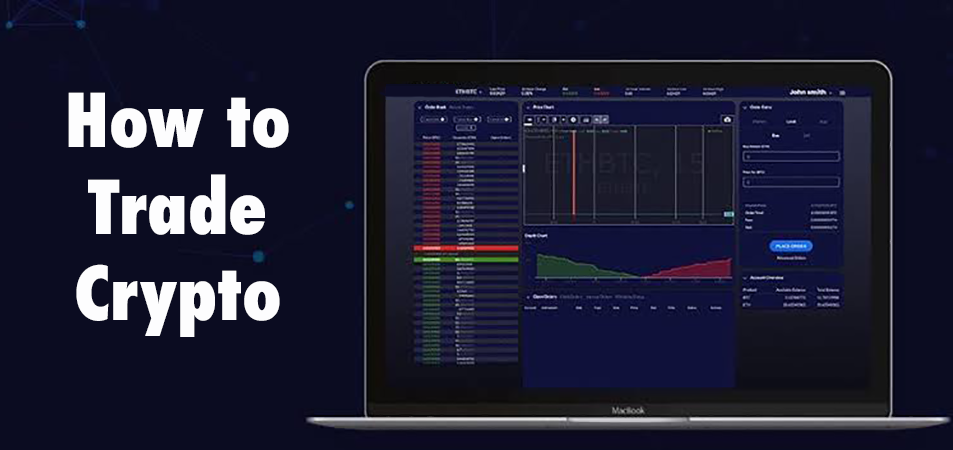Cryptocurrency trading is the act of hypothesizing on cryptocurrency price movements through a CFD trading account, or purchasing and selling the underlying coins via an exchange. CFDs trading are derivatives, which allow you to hypothesize on cryptocurrency cost movements without taking ownership of the underlying coins. You can go long (' purchase') if you think a cryptocurrency will rise in value, or short (' sell') if you think it will fall.
Your earnings or loss are still calculated according to the full size of your position, so take advantage of will magnify both revenues and losses. When you purchase cryptocurrencies via an exchange, you purchase the coins themselves. You'll require to develop an exchange account, installed the full worth of the asset to open a position, and keep the cryptocurrency tokens in your own wallet until you're ready to sell.
Lots of exchanges likewise have limits on how much you can transfer, while accounts can be very pricey to keep. Cryptocurrency markets are decentralised, which implies they are not provided or backed by a central authority such as a federal government. Instead, they stumble upon a network of computers. However, cryptocurrencies can be bought and offered through exchanges and kept in 'wallets'.
 To Trade Cryptocurrency ...blockgeeks.com
To Trade Cryptocurrency ...blockgeeks.com
When a user wishes to send out cryptocurrency systems to another user, they send it to that user's digital wallet. The transaction isn't thought about final until it has been confirmed and contributed to the blockchain through a process called mining. This is also how new cryptocurrency tokens are normally created. A blockchain is a shared digital register of taped information.
To select the best exchange for your needs, it is necessary to completely understand the types of exchanges. The very first and most typical type of exchange is the centralized exchange. Popular exchanges that fall under this category are Coinbase, Binance, Kraken, and Gemini. These exchanges are personal companies that offer platforms to trade cryptocurrency.
The exchanges listed above all have active trading, high volumes, and liquidity. That said, centralized exchanges are not in line with the approach of Bitcoin. They run on their own personal servers which produces a vector of attack. If the servers of the business were to be jeopardized, the entire system might be shut down for a long time.
The larger, more popular central exchanges are without a doubt the most convenient on-ramp for new users and they even supply some level of insurance coverage need to their systems stop working. While this holds true, when cryptocurrency is acquired on these exchanges it is kept within their custodial Informative post wallets and not in your own wallet that you own the keys to.
Should your computer system and your Coinbase account, for instance, end up being jeopardized, your funds would be lost and you would not likely have the ability to claim insurance coverage. This is why it is necessary to withdraw any big sums and practice safe storage. Decentralized exchanges work in the same manner that Bitcoin does.
Instead, Helpful hints consider it as a server, except that each computer system within the server is expanded across the world and each computer that makes up one part of that server is controlled by an individual. If one of these computers turns off, it has no impact on the network as a whole because there are a lot of other computer systems that will continue running the network.